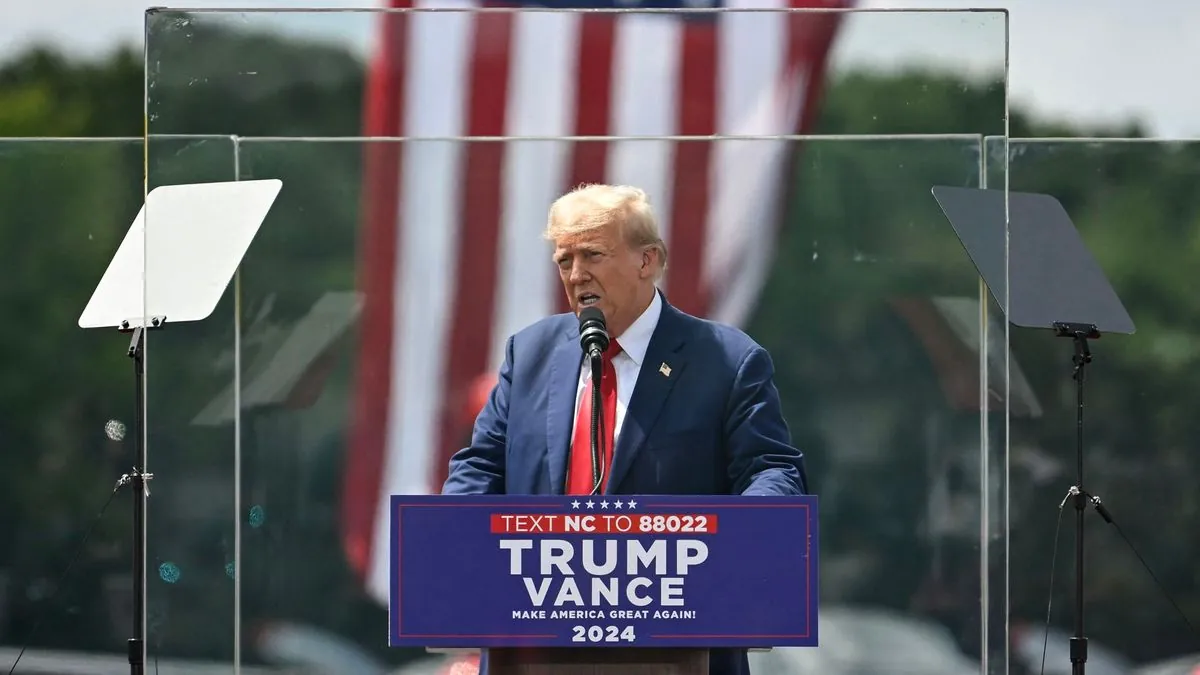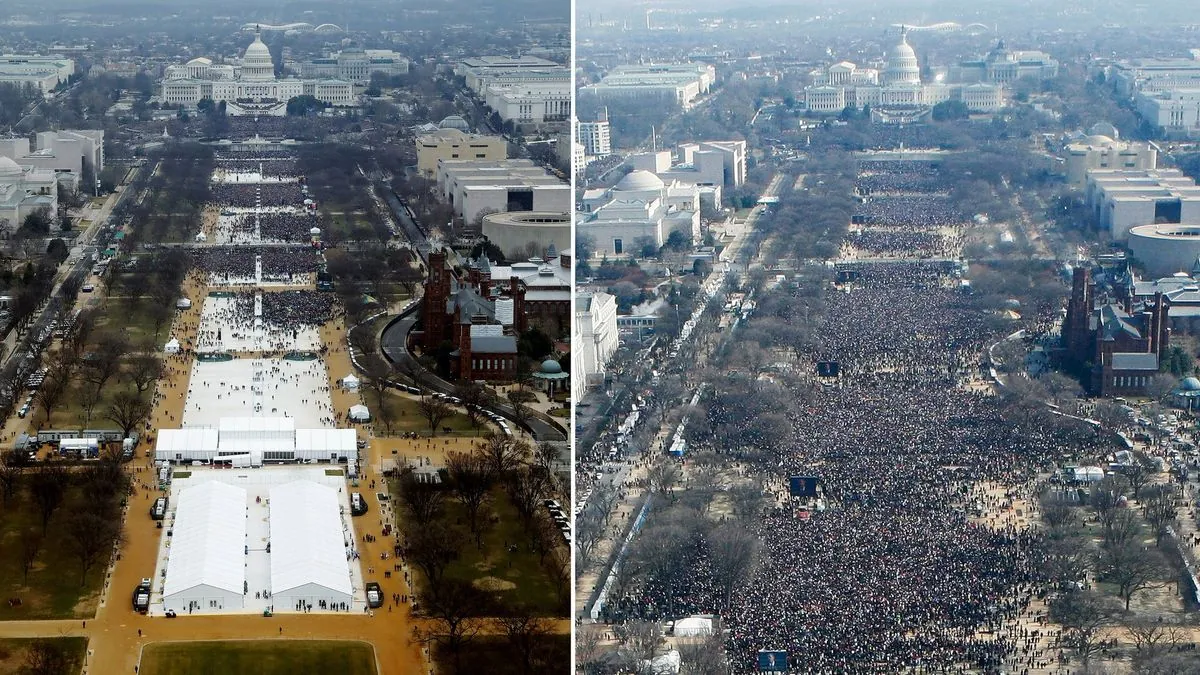Trump's Popularity Claims Clash with Electoral Reality Ahead of 2024 Race
Former President Trump insists on his widespread popularity despite past electoral losses. As the 2024 race heats up with VP Harris as the Democratic nominee, Trump's focus on preventing alleged cheating raises concerns.

As the 2024 U.S. presidential election approaches, Donald Trump's persistent claims of widespread popularity continue to clash with electoral realities. The former president, who lost the popular vote in both 2016 and 2020, maintains his stance that he can only be defeated through fraudulent means.
Trump's electoral history paints a different picture from his narrative. In 2016, he received approximately 3 million fewer votes than Hillary Clinton, and in 2020, the gap widened to about 7 million votes behind Joe Biden. Despite these figures, Trump has consistently disputed the results, alleging unsubstantiated fraud in various states.
The former president's fixation on proving his popularity extends beyond election results. He frequently boasts about rally attendance, television ratings, and social media engagement. This obsession with quantifiable metrics of support has led to a dangerous intersection between Trump's perception of his popularity and actual electoral outcomes.

At a recent North Carolina rally, Trump made a startling claim: "Our primary focus is not to get out the vote. It's to make sure they don't cheat, because we have all the votes you need." This statement contradicts fundamental campaign strategies, which typically emphasize voter turnout efforts.
Trump's reliance on lawn signs as indicators of support has been met with skepticism by political experts. Research shows that lawn signs are not reliable predictors of electoral success, a fact that aligns with the broader understanding that visible enthusiasm does not always translate to votes.
"You can see at every house along the way, has signs: Trump, Trump, Trump, Trump-Vance, Trump-Vance."
The political landscape has shifted since Kamala Harris became the Democratic nominee in July 2024. Recent YouGov polling indicates that Americans are now less likely to assume Trump will win in November, with perceptions of who will win drawing even. This change is partly attributed to increased Democratic confidence and a slight decrease in Republican certainty.
Despite these shifts, Trump and his allies continue to focus on preventing alleged cheating rather than traditional get-out-the-vote operations. This approach has led to increased investment in poll-watchers and legal teams to challenge results, while actual turnout efforts are largely left to outside groups.
The upcoming November election will provide a definitive count, but Trump's reluctance to acknowledge the possibility of losing raises concerns about the potential consequences of his campaign strategy. As the race intensifies, the contrast between Trump's claims of overwhelming support and the complex realities of the American electoral system becomes increasingly stark.


































